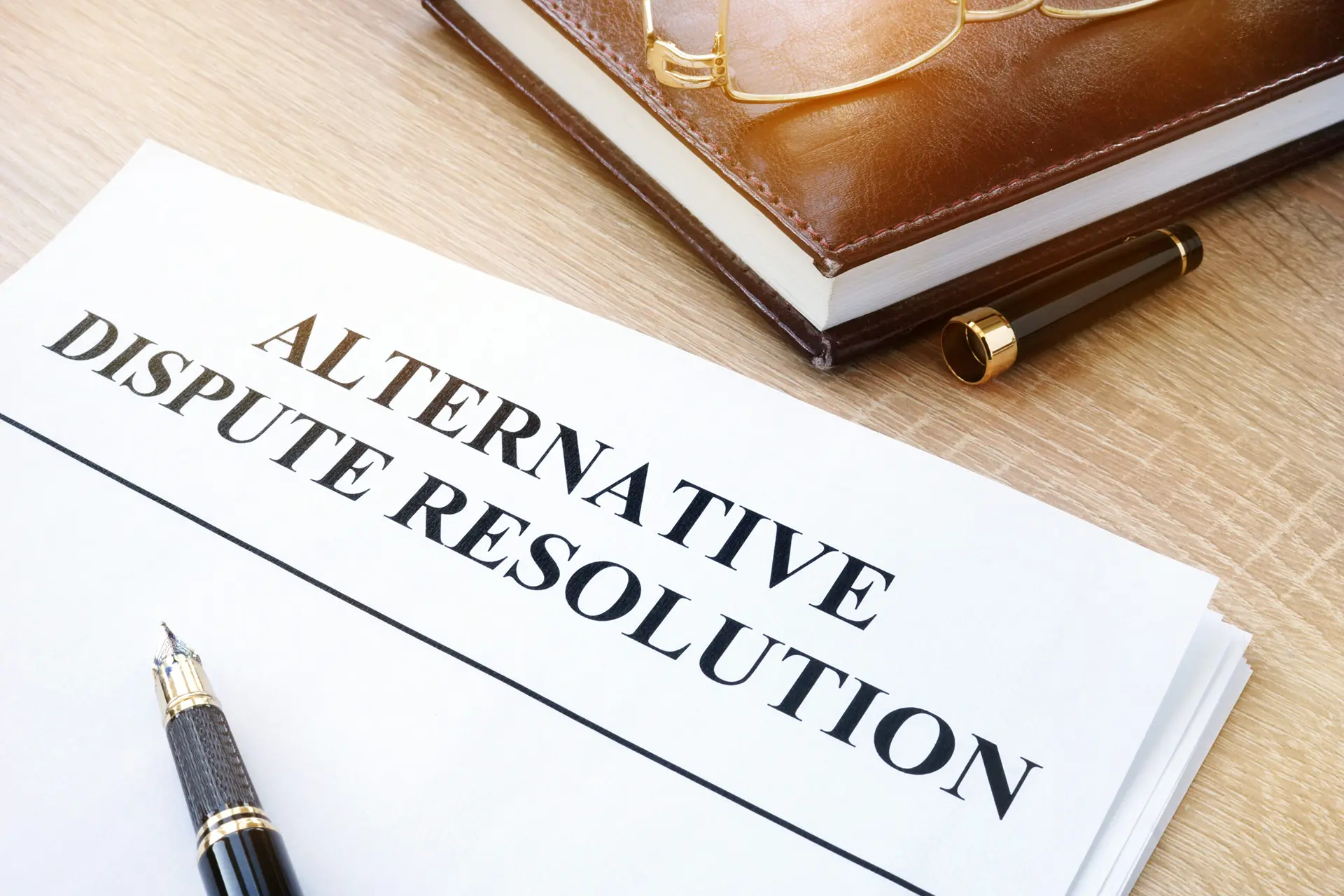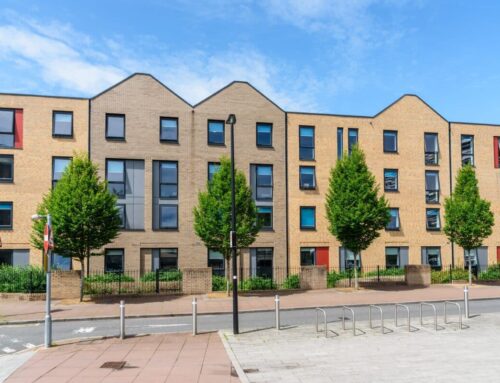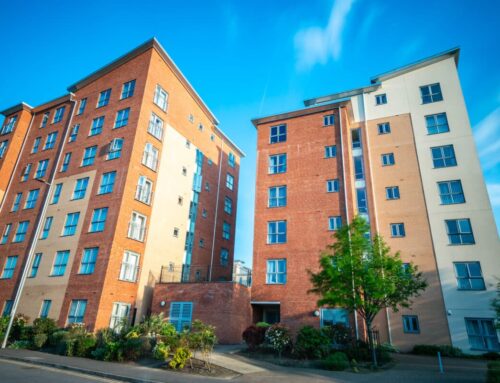Darren Bagnall from Block in a Box explores the growing use of ADR, its advantages over litigation, a summary of recent legislative developments and the scenarios in which it can be most useful. Disputes between leaseholders and between leaseholders and freeholders can quickly escalate into expensive and time consuming court battles. Alternative Dispute Resolution (ADR) offers a practical, efficient and often a less stressful way to resolve conflict.
Methods including mediation and arbitration are promoted as effective tools to settle leasehold disputes.
Understanding Alternative Dispute Resolution
ADR refers to resolving disputes outside of a courtroom, offering a less formal and more collaborative approach. The hope is that ADR will be effective, helping all parties to avoid the costs involved in a legal dispute.
Common ADR methods include:
- Mediation: A neutral mediator facilitates discussions between the parties, helping them to reach a mutually acceptable agreement. The result of mediation is non-binding unless both parties agree to formalise the decision.
- Arbitration: An arbitrator acts as a private judge, making binding decisions based on the evidence and arguments presented. Arbitration is generally more structured than mediation.
- Adjudication: This process involves an independent adjudicator deciding the outcome of a dispute. This is often used for specific, technical disputes such as service charge disagreements.
- Negotiation: Parties communicate directly to settle issues informally.
Advantages of ADR for Leaseholders
The main advantage of concluding a dispute through ADR is the avoidance of a full blown legal dispute. Court proceedings are notoriously expensive, while mediation and arbitration often carry lower fees and can eliminate many associated costs, such as solicitors’ fees and court filing charges.
Other advantages include speed, confidentiality and flexibility. Litigation is lengthy and ADR processes are generally much faster. Most cases can be brought to a resolution in weeks or months rather than years. ADR proceedings are also private, so the reputations of all parties are protected. This also encourages open dialogue as there is no public scrutiny to worry about. Timelines, venues and the third party involved can all be selected to suit both parties too, which can reduce the stress involved and make life easier for everyone.
Another advantage is the preservation of relationships. Ny nature, leaseholder disputes are often between neighbours or between leaseholder and freeholder. These relationships are long term and interaction beyond the dispute will be hard to avoid. Successful ADR can help preserve the relationship and allow everyone to move forward without hostility.
Court ordered outcomes often result in defiance and push back. Due to the collaborative nature of ADR, both parties are likely to be satisfied with the outcome and are therefore more likely to comply with the recommendations.
When is ADR a Suitable Option?
ADR is particularly suited to leasehold disputes where both parties are open to negotiation. Common scenarios include:
- Service Charge Disputes: Leaseholders may contest charges imposed by freeholders, arguing they are excessive or unjustified. Mediation can help clarify misunderstandings and allow both parties to agree on reasonable fees.
- Repair and Maintenance Responsibilities: Disagreements often arise over who is responsible for repairs, or the standard of work completed. Adjudication can provide a binding resolution based on technical evidence.
- Breach of Lease: Whether it is a leaseholder subletting without permission or a freeholder failing to provide the agreed upon services, arbitration offers a structured process to resolve any breaches.
- Noise and Nuisance Issues: Leaseholders in shared properties may experience conflicts over noise or antisocial behaviour. Mediation can facilitate agreements without involving legal sanctions.
When Court Action is Required
While ADR offers many advantages, it is not always the right choice. Cases involving serious breaches of law, fraudulent activity or disputes where one party refuses to cooperate may still require court intervention.
Additionally, binding arbitration may not allow for appeals, making it less suitable for parties seeking legal recourse after an unfavourable decision.
Legislative Developments That Promote ADR
Recent years have seen legislative efforts to encourage ADR as a primary means of resolving leasehold disputes. Courts now expect parties to consider ADR before initiating litigation. Failure to explore ADR could result in financial penalties or adverse cost orders.
The Tribunals, Courts and Enforcement Act 2007 allows for flexible dispute resolution processes, giving leaseholders the option to resolve disputes outside formal tribunals. The Leasehold Reform Act 2022 aimed to streamline the leasehold system and included provisions to make dispute resolution simpler and more accessible. It encouraged freeholders and leaseholders to explore ADR before escalating matters to tribunals or courts.
Recent ADR Outcomes for Leasehold Disputes
With the recent legal changes and active encouragement to take up ADR before heading into court proceedings, there are multiple examples of ADR in action. From service charge disputes to noise complaints and contentious boundaries, many issues have been resolved outside of the courts:
- In a high-profile mediation, leaseholders successfully negotiated a reduction in service charges and secured an agreement for greater transparency in billing. This saved both parties the costs of prolonged litigation.
- A long standing disagreement over property boundaries was resolved through arbitration. The arbitrator’s binding decision provided clarity, allowing both leaseholder and freeholder to avoid costly legal proceedings.
- A group of leaseholders and their freeholder reached a mediated agreement on new property management rules to address noise complaints, preventing a potentially expensive tribunal hearing.
Conclusion
Alternative Dispute Resolution is an increasingly important tool for leaseholders and freeholders. It can resolve disputes efficiently and cost-effectively. It provides flexible, confidential and less adversarial methods to address conflicts, helping parties to maintain relationships while achieving fair outcomes.
By understanding the available options and seeking professional advice, leaseholders can avoid the financial and emotional strain of courtroom battles. Whether it is a service charge disagreement, a repair issue or a lease term breach, ADR may hold the key to resolving disputes amicably and effectively.







Leave A Comment